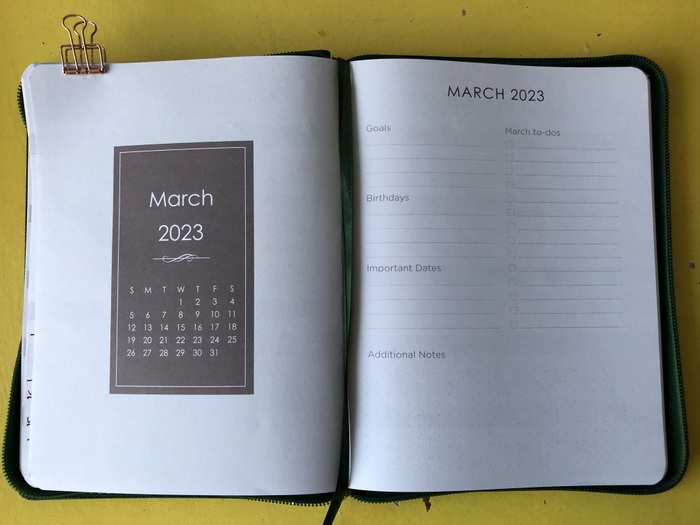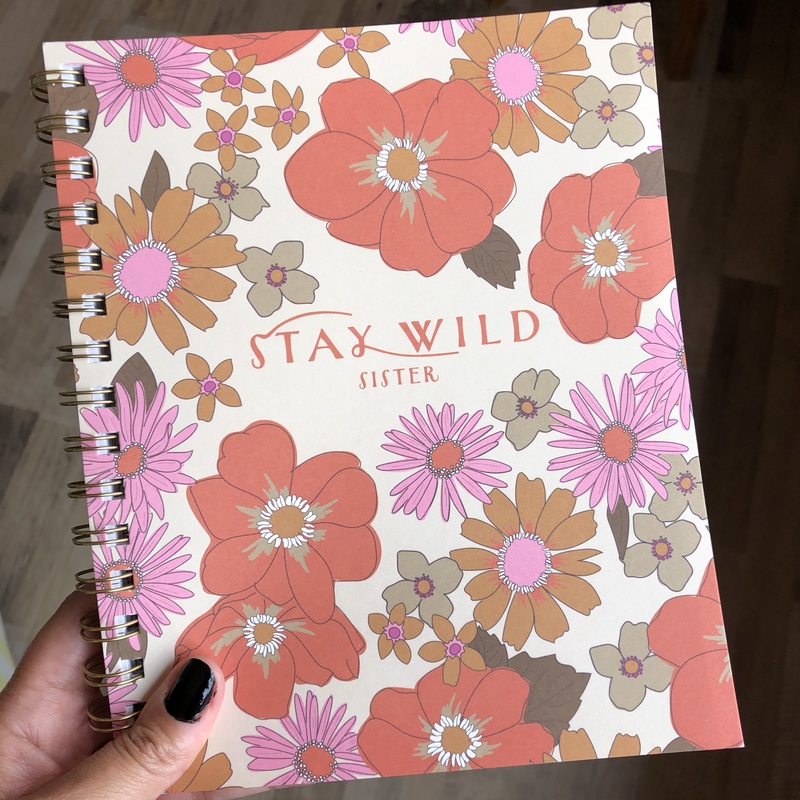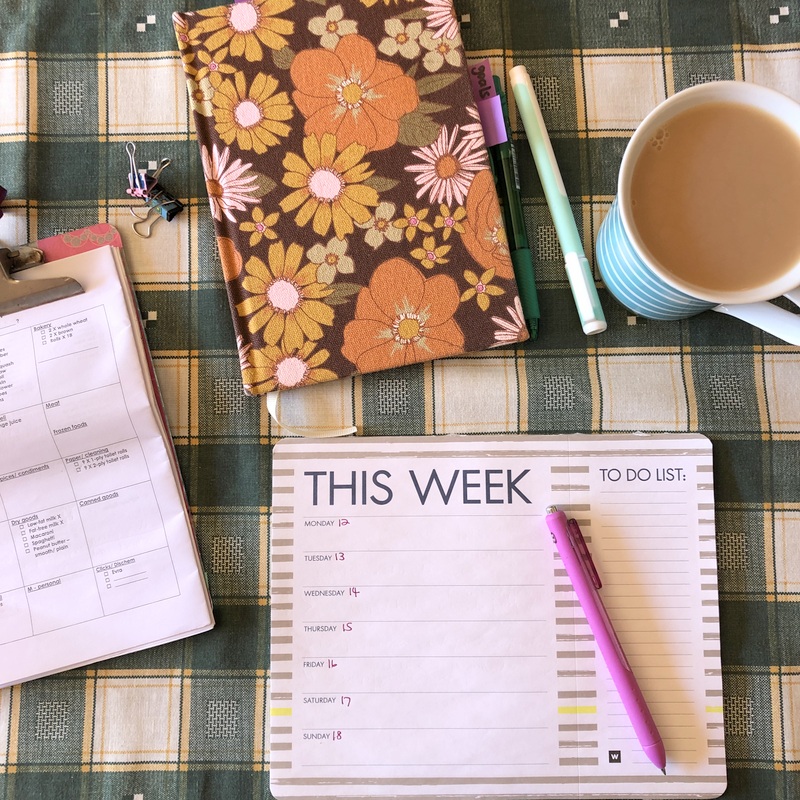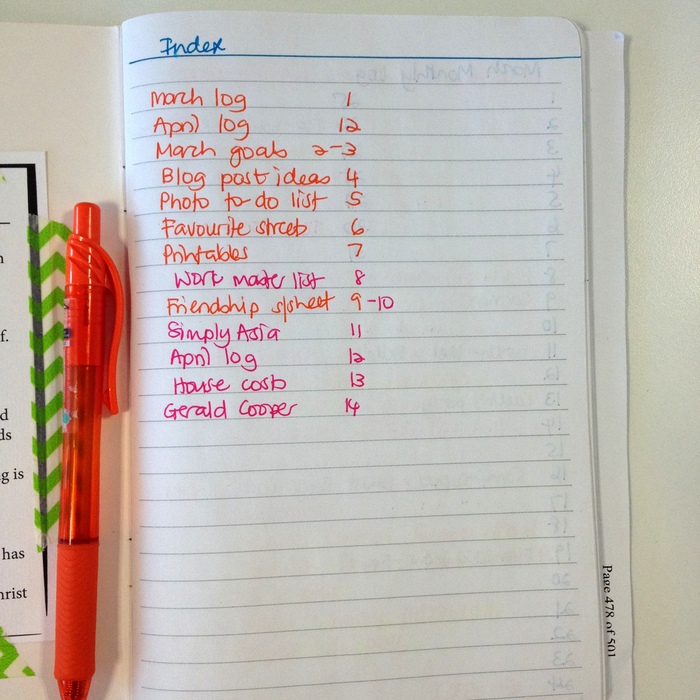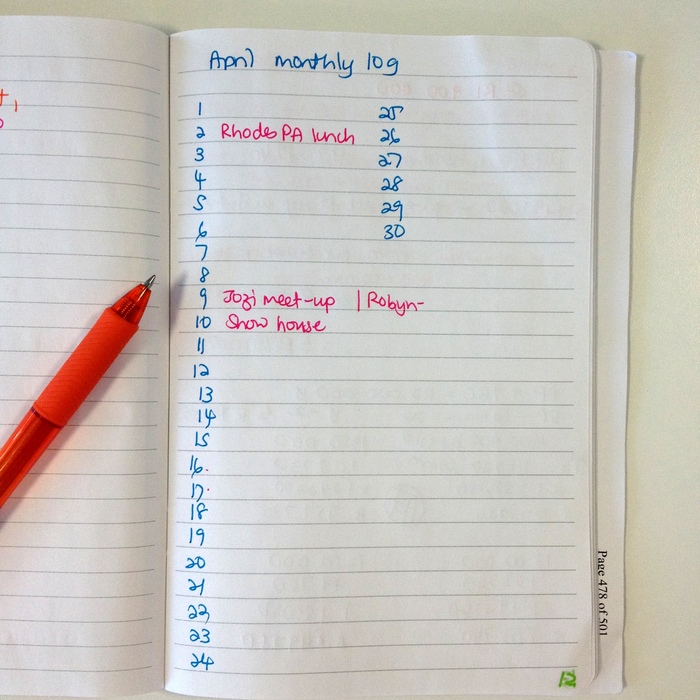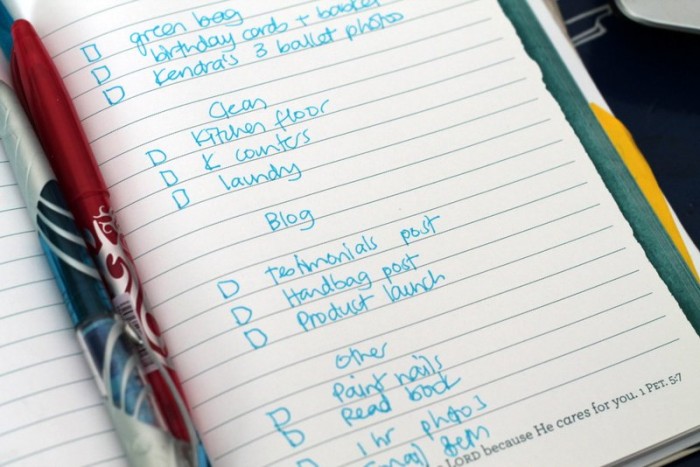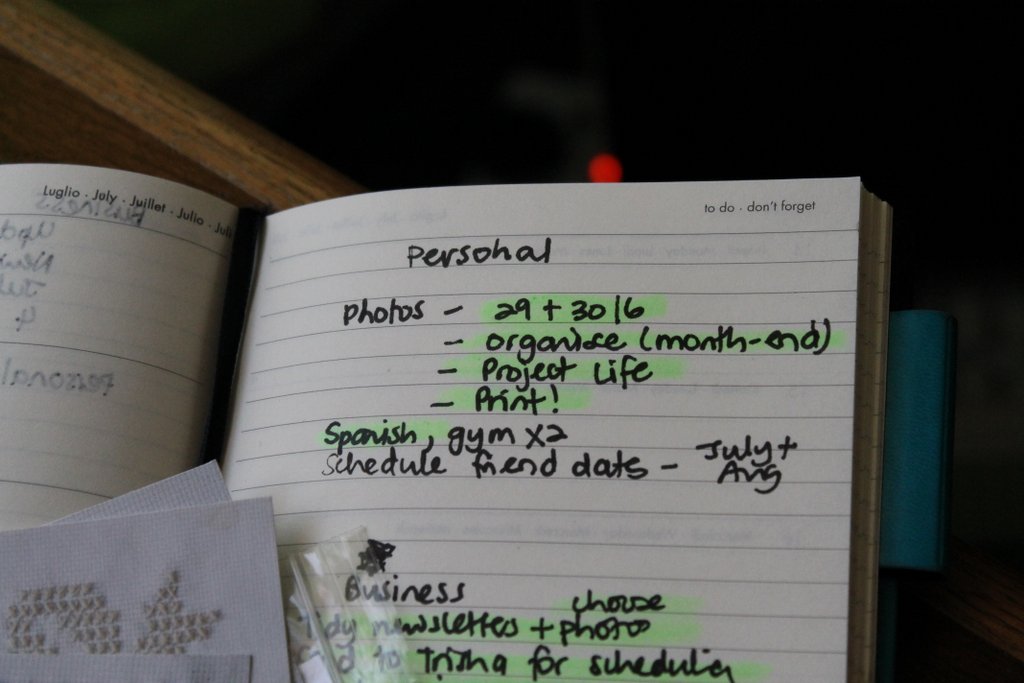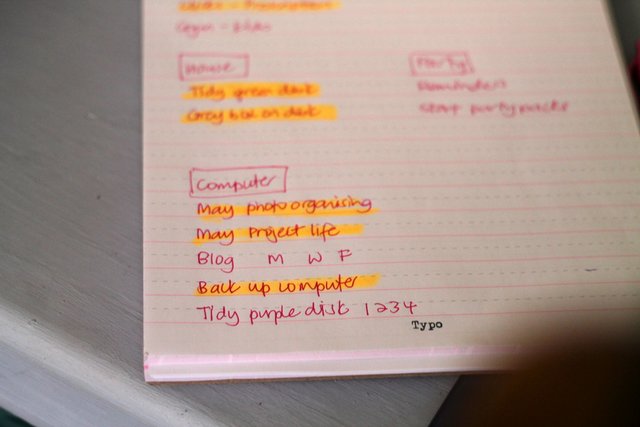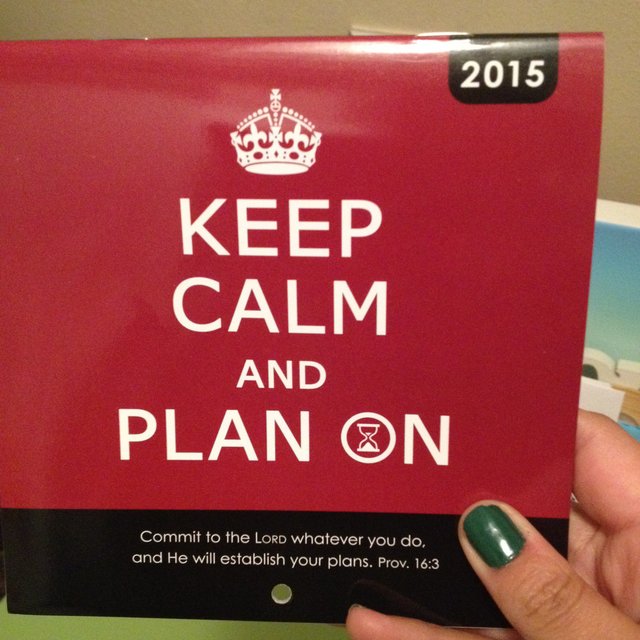I’ve written many, many times before about how it’s important to know what works for you in terms of planning.
My perfect diary is a weekly format, preferably some space for other notes too and enough space horizontally.
I’ve used the same type of diary as I’m using this year before – in 2018 and 2020. I like that I can zip up a pen or thin bullet journal inside and nothing falls out.
Let me show you more:


Here’s the key: I take some time every Sunday afternoon/ evening to update my diary for the week ahead so that this tool is truly useful and not just lovely to look at.

